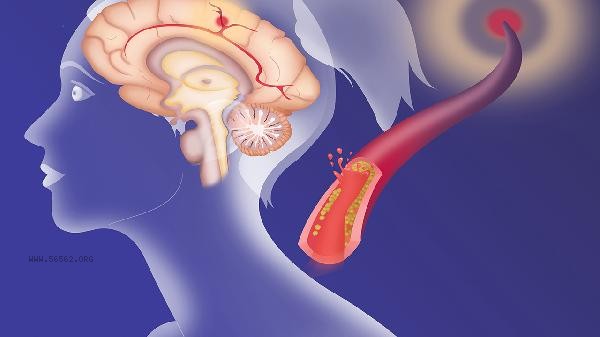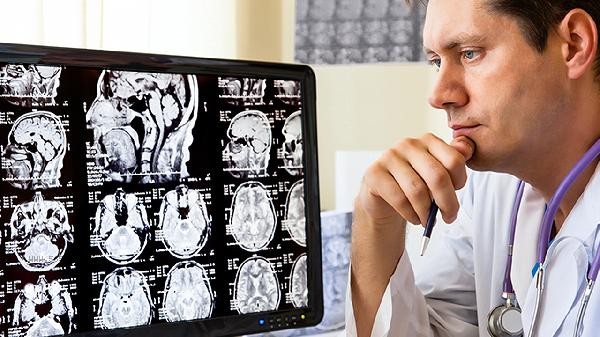Sudden transient amnesia in the brain may be a manifestation of protective amnesia, usually caused by emotional stress, lack of sleep, hypoglycemia, transient ischemic attack, traumatic brain injury, and other factors. Recovery methods include emotional regulation, improving sleep, nutritional supplementation, medical examination, cognitive training, etc.

1. Emotional stress
Strong emotional fluctuations may trigger brain protective mechanisms, leading to transient memory gaps. It is recommended to relieve stress through deep breathing, mindfulness meditation, and other methods to avoid prolonged anxiety. If accompanied by palpitations or hand tremors, it may be related to acute stress response.
2. Lack of sleep
Long term sleep deprivation can affect the memory consolidation function of the hippocampus. Maintain 7 hours of deep sleep every day and avoid using electronic devices before bedtime. In the short term, you can try taking a nap to supplement, but in the long term, you need to adjust your daily routine. When there is insufficient energy supply to the brain during hypoglycemia, temporary functional impairment may occur. Carry nuts or cookies with you and eat them promptly when you experience palpitations or sweating. Patients with diabetes need to pay special attention to monitoring the changes in blood sugar.
4. Transient cerebral ischemia
Small thrombi leading to insufficient blood supply to the brain may trigger transient global amnesia. This type of situation requires neurological examination of carotid ultrasound and cerebral blood flow chart to rule out the risk of cardioembolic embolism.

5. After traumatic brain injury [SEP], retrograde amnesia may occur after a head impact, usually recovering within a few hours. If recurrent attacks occur, EEG and imaging examinations should be performed to rule out delayed injuries such as subdural hematoma.
Daily intake of deep-sea fish rich in omega-3 fatty acids can be increased, and moderate aerobic exercise can promote blood circulation in the brain. It is recommended to establish a memory assistance system such as note reminders to avoid multitasking at the same time. If amnesia occurs for more than 24 hours or is accompanied by symptoms such as vomiting and limb numbness, immediate medical attention should be sought for a detailed neurological assessment. For selective amnesia caused by traumatic memory suppression, exposure therapy should be gradually carried out under the guidance of a psychologist.









Comments (0)
Leave a Comment
No comments yet
Be the first to share your thoughts!